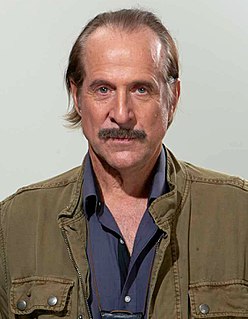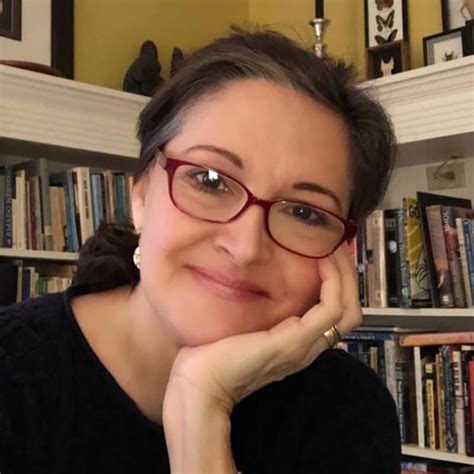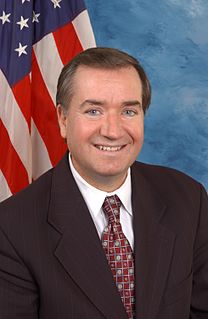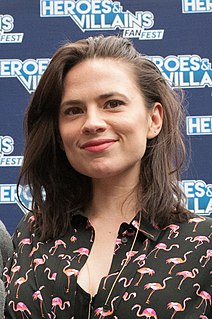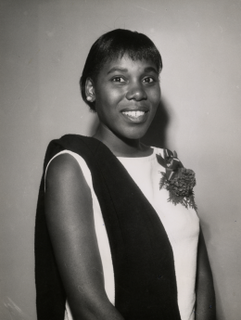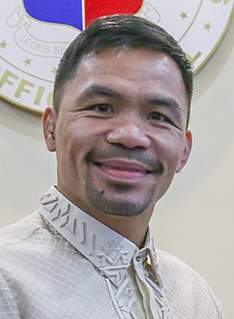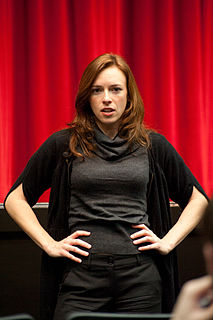A Quote by Ishmael Beah
I grew up in Sierra Leone, in a small village where as a boy my imagination was sparked by the oral tradition of storytelling. At a very young age I learned the importance of telling stories - I saw that stories are the most potent way of seeing anything we encounter in our lives, and how we can deal with living.
Related Quotes
I was born and raised in Liberia in West Africa. My mother is Sierra Leonean, and my father's Liberian. I grew up at a time when there was a lot of civil unrest in both countries, so when something would happen in Liberia, we'd go to Sierra Leone, and when something would happen in Sierra Leone, we'd go back to Liberia. We moved to save our lives.
The Nigerian storyteller Ben Okri says that ‘In a fractured age, when cynicism is god, here is a possible heresy: we live by stories, we also live in them. One way or another we are living the stories planted in us early or along the way, or we are also living the stories we planted — knowingly or unknowingly — in ourselves. We live stories that either give our lives meaning or negate it with meaninglessness. If we change the stories we live by, quite possibly we change our lives.’
For girls and women, storytelling has a double and triple importance. Because the stories of our lives have been marginalized and ignored by history, and often dismissed and treated as 'gossip' within our own cultures and families, female human beings are more likely to be discouraged from telling our stories and from listening to each other with seriousness.
My real purpose in telling middle-school students stories was to practice telling stories. And I practiced on the greatest model of storytelling we've got, which is "The Iliad" and "The Odyssey." I told those stories many, many times. And the way I would justify it to the head teacher if he came in or to any parents who complained was, look, I'm telling these great stories because they're part of our cultural heritage. I did believe that.
Humanity's legacy of stories and storytelling is the most precious we have. All wisdom is in our stories and songs. A story is how we construct our experiences. At the very simplest, it can be: 'He/she was born, lived, died.' Probably that is the template of our stories - a beginning, middle, and end. This structure is in our minds.
So I found myself telling my own stories. It was strange: as I did it I realised how much we get shaped by our stories. It's like the stories of our lives make us the people we are. If someone had no stories, they wouldn't be human, wouldn't exist. And if my stories had been different I wouldn't be the person I am.
Though now we think of fairy tales as stories intended for very young children, this is a relatively modern idea. In the oral tradition, magical stories were enjoyed by listeners young and old alike, while literary fairy tales (including most of the tales that are best known today) were published primarily for adult readers until the 19th century.

